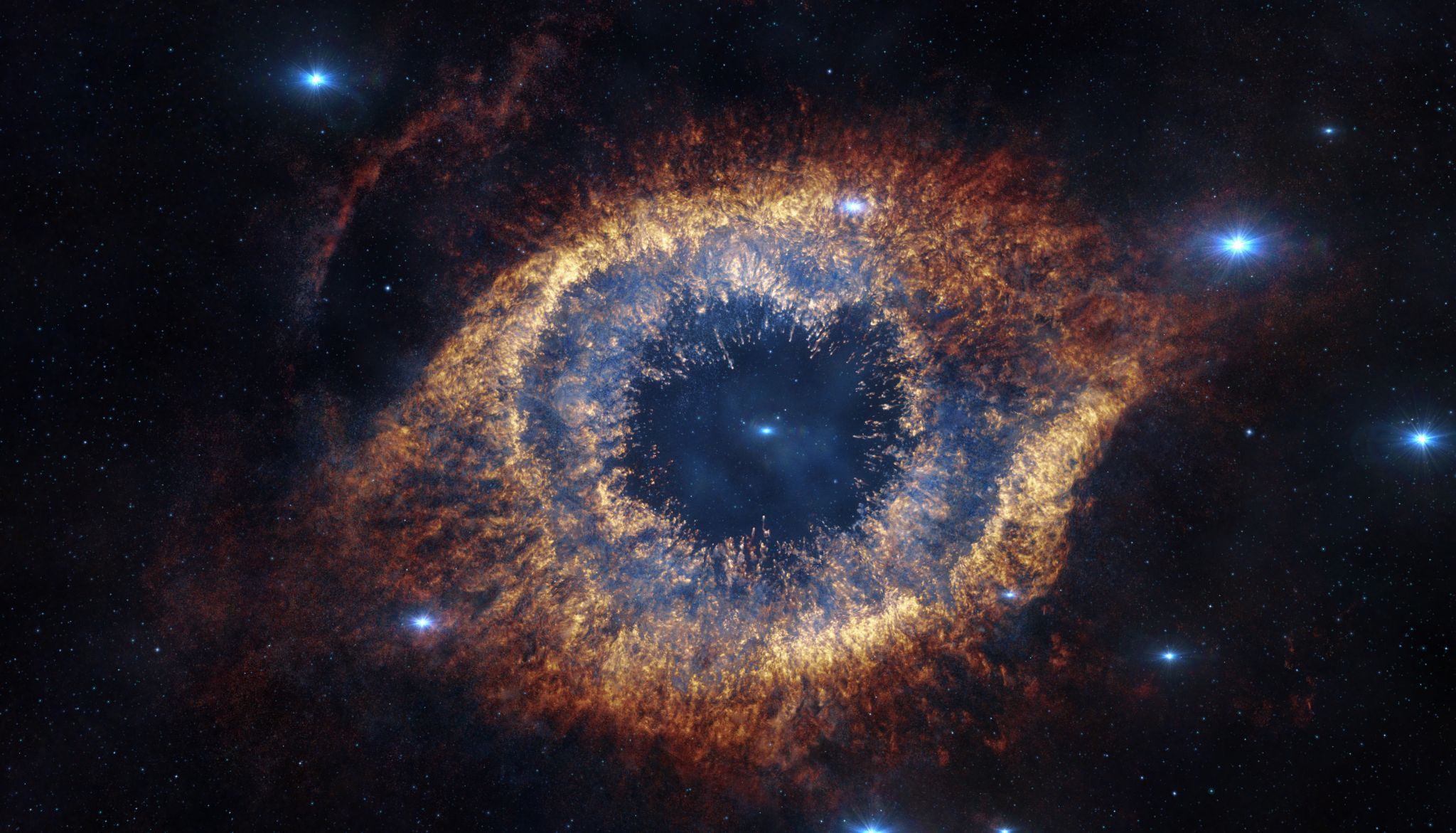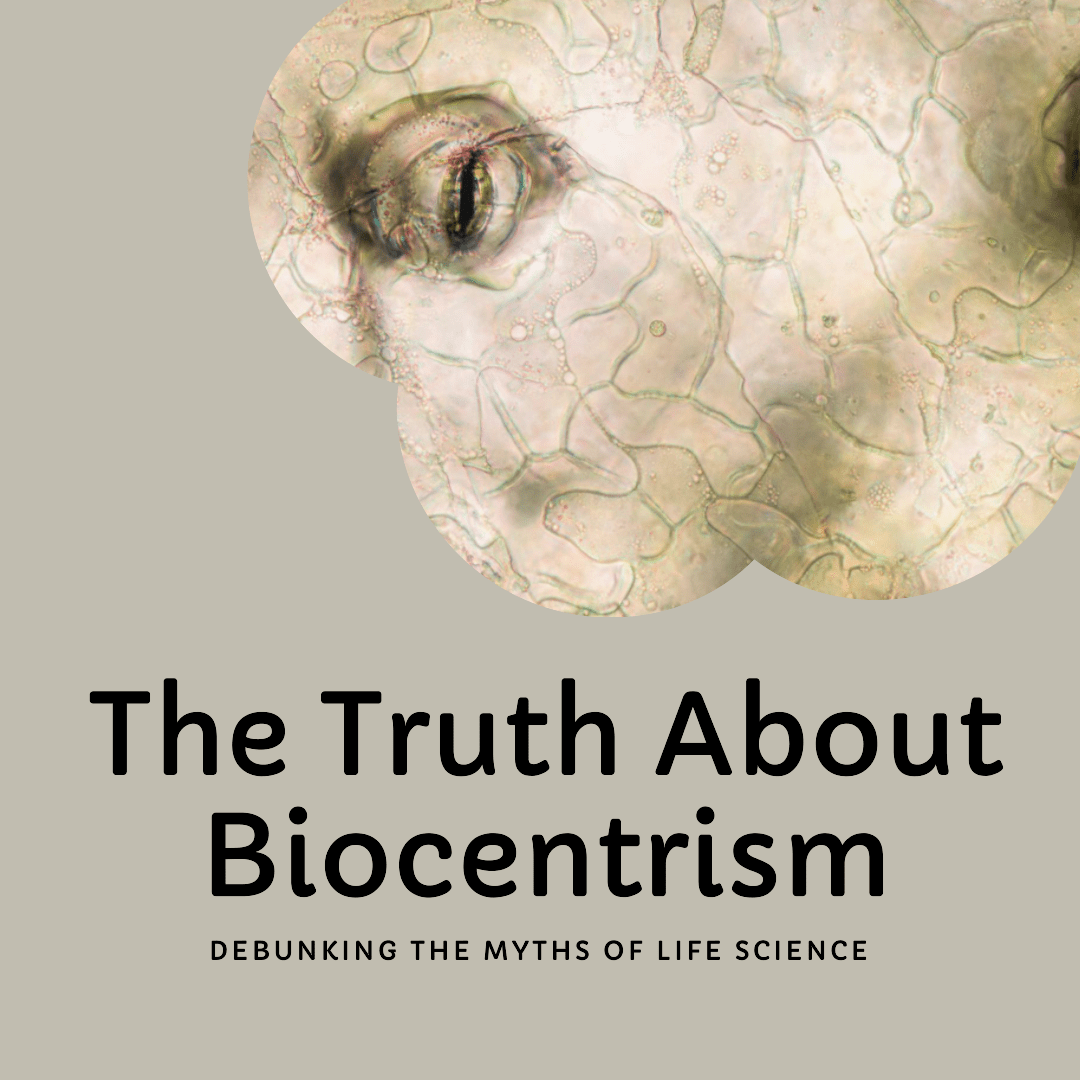
Biocentrism is a philosophical idea that asserts the fundamental importance of living organisms in the universe. It suggests that living organisms are at the center of reality, and that consciousness plays a crucial role in the existence of the universe. However, despite its intriguing premise, Biocentrism has been the subject of intense scrutiny and debate within the scientific community.
Overview of Biocentrism
Biocentrism posits that consciousness creates the universe, rather than the other way around. It proposes that the universe is fundamentally dependent on the conscious observation of living beings. According to this theory, consciousness is the underlying fabric of reality, and everything exists within the context of subjective experience.
The concept of subjective reality in Biocentrism
One of the key tenets of Biocentrism is the idea that reality is subjective and depends on the conscious observer. Proponents of Biocentrism argue that our perception of the world shapes its existence. This concept challenges the long-standing belief in an objective reality that exists independently of observation.
Critiques and controversies surrounding Biocentrism
While Biocentrism offers a novel perspective on the nature of reality, it has faced significant criticism from the scientific community. Many scientists argue that Biocentrism lacks empirical evidence and violates well-established principles of physics and biology.
Critics maintain that Biocentrism fails to provide a coherent explanation for the observed phenomena in the universe. They argue that consciousness alone cannot account for the complexity and diversity of the natural world. Additionally, the concept of subjective reality challenges the objective and measurable nature of scientific inquiry.
Despite its critiques, Biocentrism has sparked important discussions about the nature of consciousness and our place in the universe. While the concept may not be widely accepted within the scientific community, its exploration continues to foster new ideas and perspectives about the mysteries of existence.
In conclusion, Biocentrism presents a thought-provoking proposition that places consciousness at the center of reality. However, its lack of empirical evidence and opposition to established scientific principles have cultivated controversy and skepticism. While not universally embraced, the examination of Biocentrism contributes to our ongoing quest for understanding the nature of our existence.

Scientific Critiques of Biocentrism
Biocentrism is a philosophical stance that posits that life, specifically consciousness, is the fundamental basis of reality. While this idea has gained popularity in some circles, it is not without its detractors. Several scientific critiques challenge the validity and coherence of biocentric theories.
Inconsistencies with established scientific theories
One of the main criticisms of biocentrism is its inconsistency with established scientific theories. Biocentrism proposes that consciousness creates the universe and that the universe exists only because of conscious observers. However, this contradicts the scientific understanding of the universe and its origins, which is grounded in evidence and empirical data. Biocentric theories lack a comprehensive explanation of various phenomena, such as the Big Bang, the formation of galaxies, and the evolution of stars. These inconsistencies raise questions about the scientific merit of biocentrism.
Lack of empirical evidence
Another critique of biocentrism is the lack of empirical evidence to support its claims. While proponents of biocentrism argue that the subjective experience of consciousness is evidence enough, the scientific community generally requires objective data and rigorous experimentation. Without empirical evidence, biocentric theories remain speculative and fall short of meeting the standards of scientific inquiry.
Challenges to the anthropic principle in Biocentrism
Biocentrism often relies on the anthropic principle, which suggests that the universe is fine-tuned for the existence of life. However, this principle has been challenged by physicists who argue that the observed properties of the universe can be explained through natural processes and physical laws. Critics point out that the fine-tuning argument is weak because there could be countless other universes with different properties that do not support life. This challenges the central premise of biocentrism, which asserts that consciousness is the driving force behind the existence of the universe.
In conclusion, while biocentrism presents an interesting philosophical viewpoint, it faces significant scientific criticisms. The inconsistencies with established scientific theories, lack of empirical evidence, and challenges to the anthropic principle all cast doubt on the validity of biocentric claims. As scientific understanding continues to evolve, further research and empirical evidence are needed to determine the true nature of reality.

Philosophical Critiques of Biocentrism
Biocentrism is a controversial philosophy that proposes that all living beings have intrinsic value, and humans are not superior to other species. While Biocentrism has gained some popularity, it is not without its critics. Philosophers have raised several arguments against this worldview, questioning its compatibility with moral and ethical frameworks, the subjective nature of consciousness, and the implications it has on human exceptionalism.
Conflict with moral and ethical frameworks
One of the main critiques of Biocentrism is its potential conflict with traditional moral and ethical frameworks. Many moral systems are built on the idea that human beings have a special moral status or dignity due to their unique qualities, such as rationality or moral agency. Biocentrism challenges this view by suggesting that all living beings, regardless of their cognitive abilities, deserve moral consideration. Critics argue that Biocentrism undermines the foundations of these traditional moral frameworks and raises difficult questions about how to assign moral value.
Challenges to the subjective nature of consciousness
Biocentrism also faces challenges regarding its assumptions about the subjective experience of consciousness. Proponents of Biocentrism argue that all living beings have subjective experiences and can perceive the world in their own unique way. However, philosophers question whether this assumption is justified. They highlight the limitations of our current understanding of consciousness and the difficulty in ascribing subjective experience to non-human entities. These challenges raise doubts about the validity of Biocentrism’s claims regarding the inner experiences of all living beings.
The implications of Biocentrism on human exceptionalism
Another point of contention is the impact of Biocentrism on the concept of human exceptionalism. Human exceptionalism posits that humans hold a special place in the world due to their unique intellectual and moral capacities. Biocentrism challenges this notion by asserting that all living beings have intrinsic value and deserve equal moral consideration. Critics argue that Biocentrism undermines the concept of human exceptionalism by diminishing the significance of human qualities that set us apart from other species.
In conclusion, while Biocentrism offers an alternative perspective on our relationship with the natural world, it faces philosophical critiques in various areas. The conflict with traditional moral and ethical frameworks, challenges related to the subjective nature of consciousness, and the implications for human exceptionalism are all topics of debate among philosophers. This ongoing discussion highlights the complex nature of Biocentrism and the need for further exploration of its underlying assumptions and implications.

Alternative Explanations for the Perception of Consciousness
Biocentrism is a controversial theory that suggests consciousness is fundamental to the universe and that life creates the cosmos, not the other way around. However, many scientists and philosophers have raised valid critiques and offered alternative explanations for the perception of consciousness.
Materialistic perspectives on consciousness
One alternative perspective is rooted in materialistic theories. According to these views, consciousness arises solely from the physical processes of the brain. This viewpoint argues that consciousness is a byproduct of neural activity and can be explained through neurobiology and cognitive science. By studying the brain, researchers aim to unravel the mysteries of consciousness.
Emergent theories of consciousness
Emergent theories suggest that consciousness emerges from complex systems or arrangements of matter. These theories propose that consciousness is not inherent to individual particles or atoms but arises through the organization and interaction of these elements. This perspective allows for the possibility of consciousness in non-living systems that display sufficient complexity.
The role of evolution in shaping subjective experiences
Another explanation explores the role of evolution in shaping subjective experiences. Evolutionary psychology suggests that consciousness evolved as an adaptive trait to enhance an organism’s survival and reproductive success. According to this view, consciousness is a product of natural selection, which favors traits that increase an organism’s chances of survival and reproduction.
While biocentrism presents a thought-provoking perspective, it is important to critically examine alternative theories that offer plausible explanations for the perception of consciousness. These alternative viewpoints encourage scientific exploration and foster a deeper understanding of the nature of consciousness and the universe.
In conclusion, the concept of biocentrism is not universally accepted, and several alternative explanations exist for the perception of consciousness. Materialistic perspectives emphasize the physical processes of the brain, emergent theories highlight the emergence of consciousness from complex systems, and evolutionary psychology explores the role of natural selection in shaping subjective experiences. Exploring these alternative perspectives allows for a holistic understanding of consciousness, encouraging scientific progress and intellectual growth.

Conclusion
Biocentrism has gained popularity as a theory that challenges traditional views on consciousness and the nature of reality. However, it is not without its critics. While the concept of consciousness being fundamental to the universe is intriguing, there are several valid concerns raised by skeptics.
Summary of Critiques Against Biocentrism
Critics argue that Biocentrism is based on subjective perspectives and lacks empirical evidence. They question the scientific rigor of the theory and its ability to be tested and falsified. Additionally, some argue that Biocentrism falls into the trap of anthropomorphism, assigning human-like attributes to the universe.
Considerations for a multidisciplinary approach to understanding consciousness
To better understand consciousness and its role in the universe, many experts suggest a multidisciplinary approach. Combining insights and methodologies from neuroscience, philosophy, physics, and other fields can provide a more holistic perspective on this complex subject. By integrating different disciplines, researchers can explore the connections between consciousness, biology, and the fundamental nature of reality.
Addressing the limitations and potential of Biocentrism
While Biocentrism may have its limitations, it has sparked important discussions about the nature of consciousness and our place in the universe. It encourages us to question deeply ingrained assumptions and explore alternative viewpoints. Even if Biocentrism is not ultimately proven to be true, the process of exploring its possibilities can lead us closer to a more comprehensive understanding of consciousness.
In conclusion, the critique of Biocentrism raises valid points that highlight the need for further scientific investigation. By taking a multidisciplinary approach, we can broaden our perspectives and gain valuable insights into consciousness and the nature of reality. Whether Biocentrism stands the test of time or not, it serves as a catalyst for questioning and expanding our understanding of the universe we inhabit.







